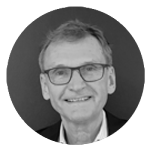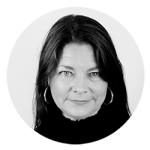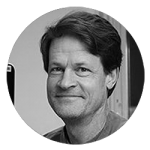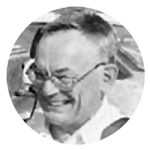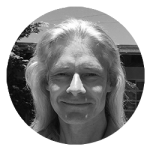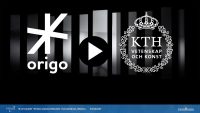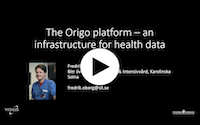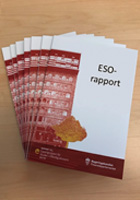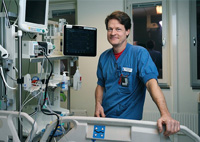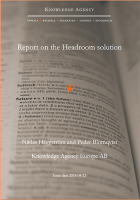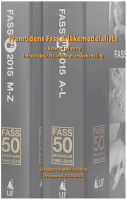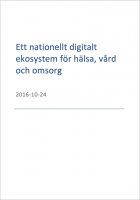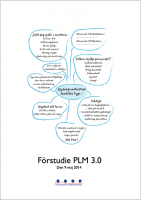.

The key to your data – on your terms
.
The Origo Concept
Our Vision
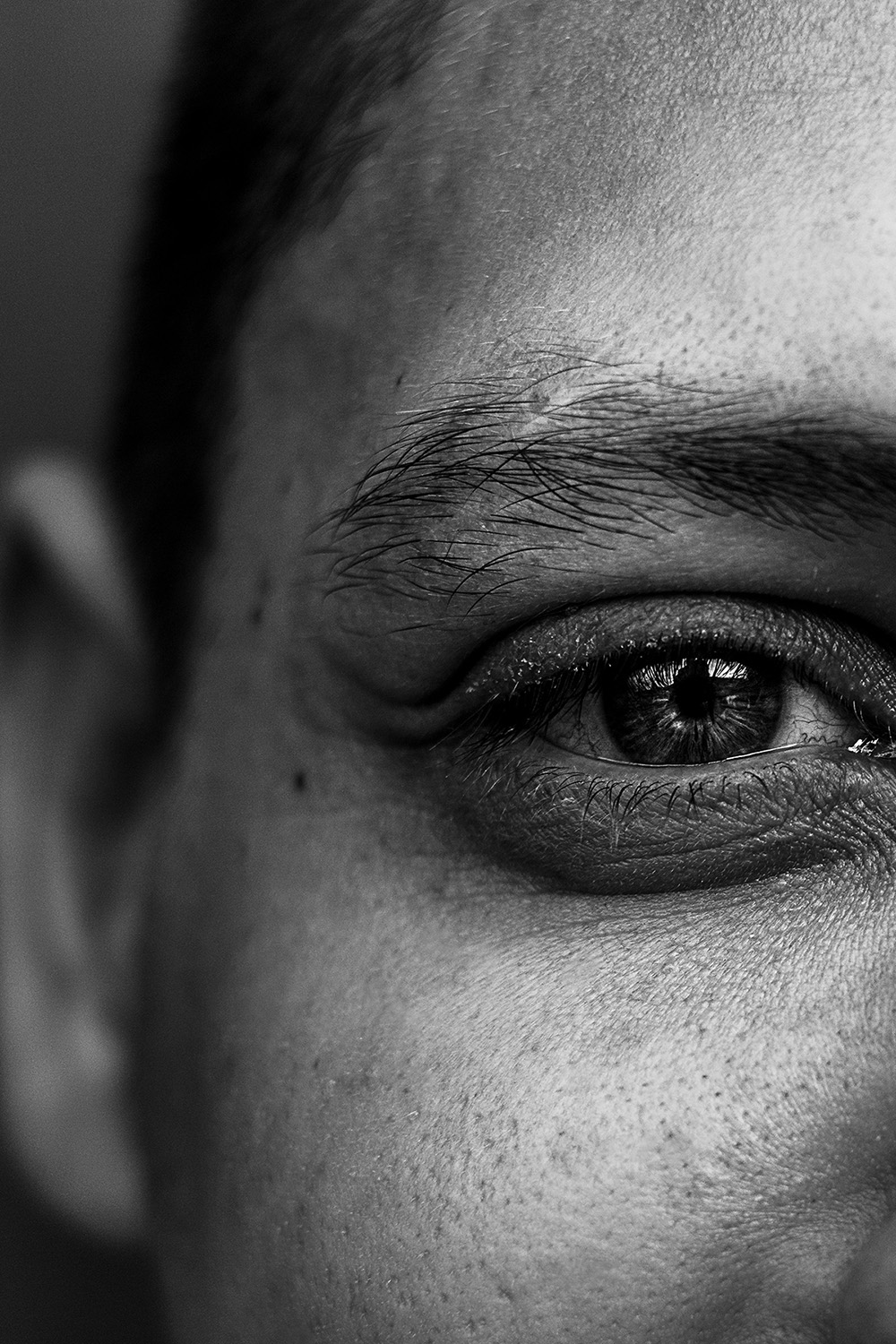
In order to share knowledge and data in a globalized world, and to build trust in the handling of personal information, the world needs a new digital infrastructure. The Origo programme is developing such an infrastructure as a semantic layer on the Internet, in which knowledge itself will be digitalized, replacing the present system of simply digitizing e.g. documents, images or database entries without reference to the knowledge they represent.
This infrastructure will be a common good, run by a neutral governing body on a strictly non-profit basis. There will be a common platform where information from all parts of society is handled in the same way. Control and integrity of personal data will be guaranteed by storing data per individual, enabling the individual to decide who can access his or her information and for what purpose.
“Effective data protection means putting individuals in control of their personal information: by strengthening existing rights and by increasing access to those rights. The idea is simple. It’s your data. You should have a say in how it is used.”
– Communication from the EU-commission on one of the purposes of the General Data Protection Regulation (GDPR)




The Origo Concept
The Issues we are addressing

In today’s society a huge amount of information is being gathered. But that information comes to very limited use. It is locked in myriads of systems so that we cannot access it. Furthermore, different systems describe and store the information in different ways. So, even if we could access it, we would not be able to interpret and combine all this information in meaningful ways.
Data about individuals are used as financial assets by global actors, and individual control of one’s personal data is virtually impossible.
This creates well known problems for all of us as individuals, and for organizations and IT-systems in healthcare, research, industry and public institutions – in fact, for society at large.
If we want to make all data useful, respecting the individual’s integrity and giving him or her control of the data, we need to take a new holistic approach to the creation of a sustainable solution.
The Origo Concept
Three building blocks and a governing body in a new infrastructure

The problems outlined in the previous section will be solved by the Origo platform, a new technical infrastructure to organize and distribute knowledge and data. In the section below, we give a more technical description of the platform’s design.
The first building block in the Origo platform…
…is a general digitalized language where all knowledge is defined in terms of concepts bound by a common principle. These knowledge definitions provide the framework for every data point stored in the Origo platform. Specifically, data are stored as instances of a defined concept within a coherent structure. These defined concepts are either phenomena (concrete and abstract), events, or executable rules (processes) all linked in a multi-hierarchical structure with built-in checks against circular references. Concepts can be named in different languages, including local variants thereof that can be chosen depending on the context.
The details of the conceptual design are further described in Framtidens Fass och Läkemedelslista (2018, in Swedish).
The second building block…
…is the actual computer code, Headroom Library (HR-lib), executing the process instructions described in the defined rules. HR-lib can be run as a stand-alone program, e.g. in a computer or a mobile phone, or on a server accessed via a web browser.
Applications can be built fully integrated in the platform, utilizing the knowledge definitions only. This is a new development paradigm we call semantic computing. Alternatively, normal applications can be built to store their data in the Origo platform through APIs. The platform may also be used by traditional systems for synchronizing data, making them available to people and usable by other applications. Since rules are executed inside HR-lib, it is possible to analyse data in the platform through queries, i.e. without any data being exposed to the investigator or to other databases. The platform thus guarantees privacy by design.
The components of the platform are further described in Knowledge Agency: Report on the Headroom solution (2018).
The third building block…
…is the fact that each HR-lib is linked to all other HR-libs in a network of nodes. Each compiled (executable code) HR-lib node is verified by using blockchain or a similar encryption method. This ensures that all nodes can perform all tasks, and that they will perform them in exactly the same way. The result is distributed trust – not only with regard to the information but also in regard to the execution of the rules (i.e. what is done to the information) giving a near unlimited dynamic.
Concept definitions and data from every node in the entire network can interact with each other. Thus, each HR-lib can make use of data from its own database and from all other nodes. The result is a coherent, complete ecosystem for managing information. The concrete implications of this, in the case of healthcare-related information, are described in Ett nationellt digitalt ekosystem för hälsa, vård och omsorg (2016, in Swedish).
The Origo Governing Body is the fourth building block
OGB is the non-commercial organisation that will run the technical platform and guarantee its proper use by agreements with individuals and organisations.




The Origo Concept
Our Solution – based on the Origo platform

The Origo platform will dramatically reduce the complexity currently experienced in the handling of knowledge and data throughout society. System development will be much easier – in very large projects as well as in the design of small local IT-solutions and personal applications. For the first time in history it will be possible to use the vast amounts of information recorded everywhere in society to support us in our professional and private lives and in the creation of new knowledge. The power of artificial intelligence (AI) will increase when it runs on a platform in which data from all domains of knowledge are uniformly structured. It will be possible to check the AI algorithms and their conclusions because all information and actions executed in the Origo platform are always traceable to their origin. This very important feature of the platform will provide tools for better protection against misinformation and “alternative facts”.
.
Healthcare
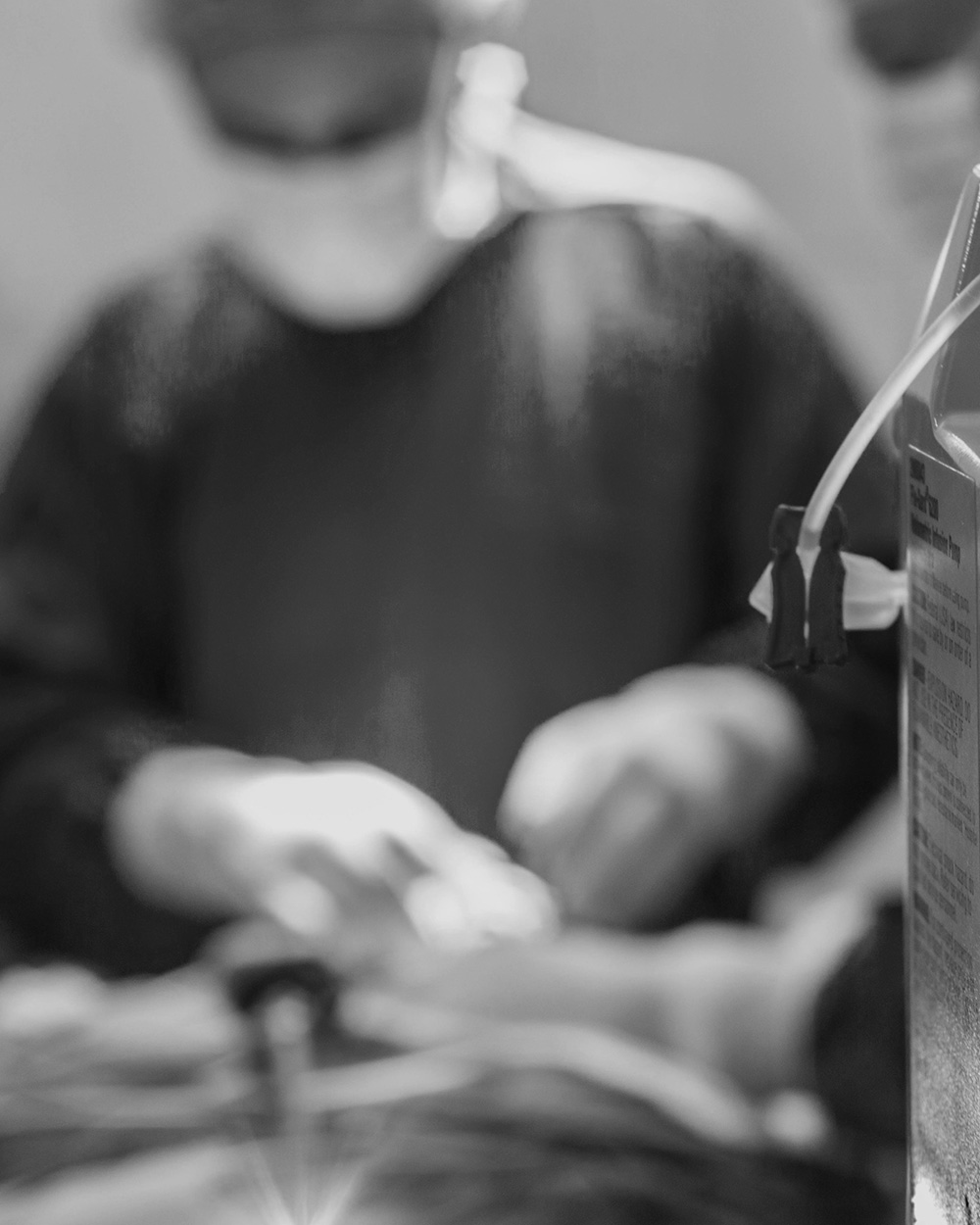
In the Origo platform, every piece of data collected – patient files, lab results, x-rays etc – will be stored per individual patient, irrespective of the system used to record or display the information. The process of replacing a system or creating a new solution tailored to local needs will be much simplified because there will be no need for the migration of data between systems. Standardization and uniform use of terminology and concepts will be possible without hampering local needs or restraining research and development. This is because refinements and additions to existing definitions can be made locally while preserving globally the common understanding of the concepts.
In the platform patients will set their own preferences to determine who has the right to access what information and for what purpose. In tailored applications and portals, patients will be able to cooperate and participate in their treatment in completely new ways, providing their own data from personal devices and apps. When authorized by individuals, healthcare workers will have access to all information needed, without the barriers often imposed by healthcare providers and the judiciary.
An introduction is given in this video, Introduction to the Origo platform.
Examples of further benefits to healthcare are provided in some of the reports found in the section More Info below.




.
Origo Programme

The solution we are building today is the result of a very agile multidisciplinary process of concept development, system design, programming, testing and further development. This process is described in an appendix to Framtidens Fass och Läkemedelslista (2018, in Swedish).
The Origo programme has, in various constellations and under different names, been operative since 2009. Some bridging finance has recently been provided by Vinnova, Sweden’s Innovation Agency but we are currently investigating a number of other possibilities for financial support.
The Origo programme includes the ongoing development of the technical platform, based on a detailed system design which has been verified in a prototype setting. The second component of the programme is preparation for the set-up of the Origo Governing Body – a societal non-commercial organization that will take over the platform once it is fully developed.
In 2020, the initiators of the Origo programme founded a company, Digitaliseringskompaniet Sverige AB (Digikomp), in order to be able to represent the programme as a legal entity. Digikomp is co-founder of Centre for data driven health (CDDH) at the Royal institute of Technology (KTH), in collaboration with Region Stockholm, LIF and the Karolinska Institute. The centre, apart from doing research and education in health data, serves as a platform for the Origo programme, to test ideas and create projects around these ideas.
